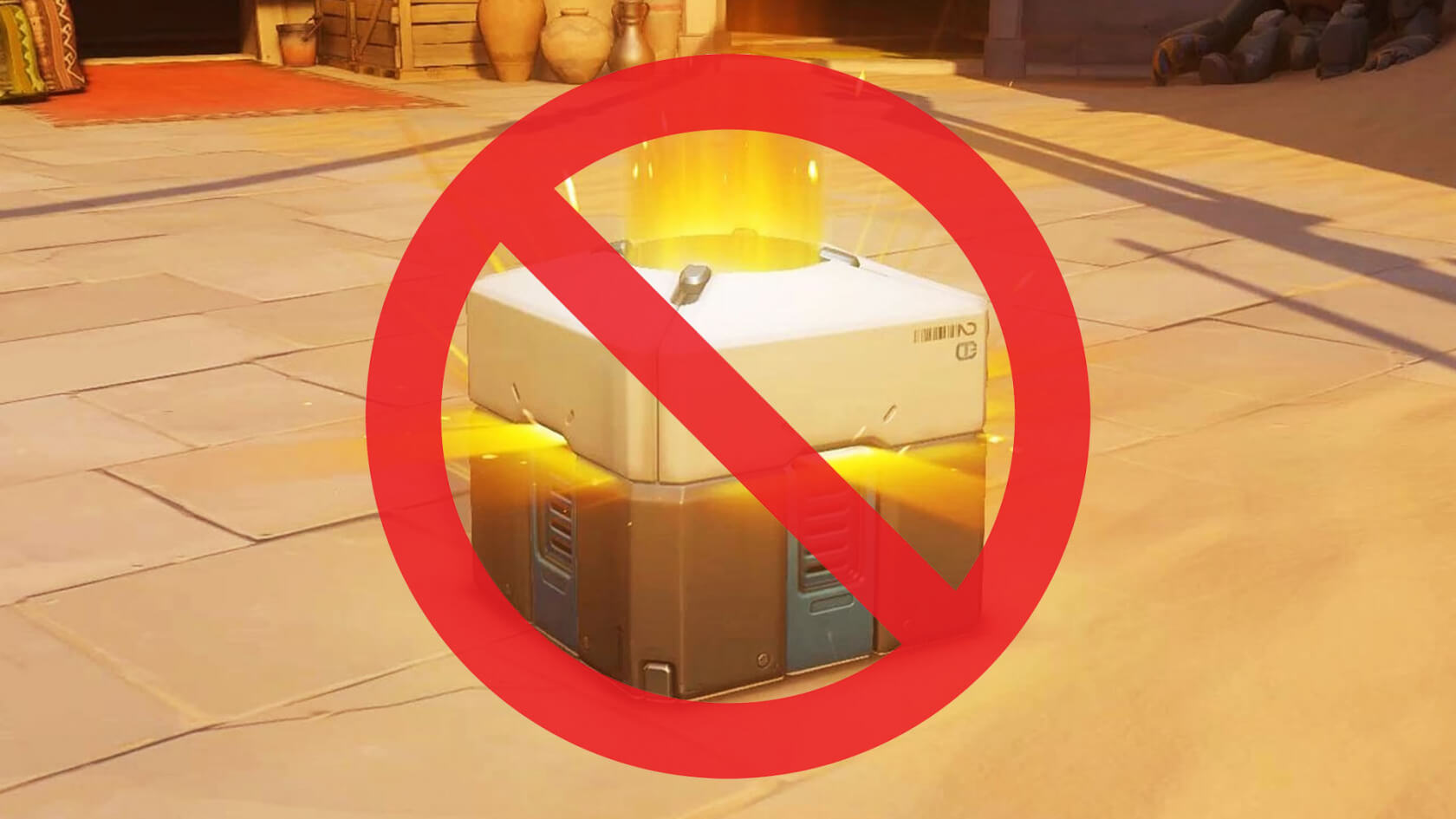A hot potato: The furor over loot boxes might have died down since the Star Wars Battlefront 2 controversy last year, but that doesn't mean countries have stopped investigating---and in some cases, banning---the feature. Now, the United States Federal Trade Commission (FTC) has agreed to launch its own investigation.
The move follows an official request by Senator Maggie Hassan during a Senate Commerce, Science, and Transportation subcommittee hearing.
"Loot boxes are now endemic in the video game industry and are present in everything from casual smartphone games to the newest, high budget releases," said Hassan. She went on to say that they "represent a $50 billion industry by the year 2022."
Hassan noted recently published research by the UK's Gambling Commission that claimed the number of children between the age of 11 and 16 who have problems with gambling has risen to more than 50,000 in two years. The commission places part of the blame on the rise of loot boxes found in video games and smartphone apps.
"Given the seriousness of this issue, I think it is in fact time for the FTC to investigate these mechanisms to ensure that children are being adequately protected and to educate parents about potential addiction or other negative impacts of these games," Hassan added. FTC chairman Joe Simons affirmed the request and agreed to launch an investigation.
Belgium and the Netherlands are two of the countries that now ban loot boxes, with the former having reportedly opened a criminal investigation into EA for failing to remove them from FIFA.
In a statement to Polygon, the Entertainment Software Association said: "Loot boxes are one way that players can enhance the experience that video games offer. Contrary to assertions, loot boxes are not gambling. They have no real-world value, players always receive something that enhances their experience, and they are entirely optional to purchase. They can enhance the experience for those who choose to use them, but have no impact on those who do not."
